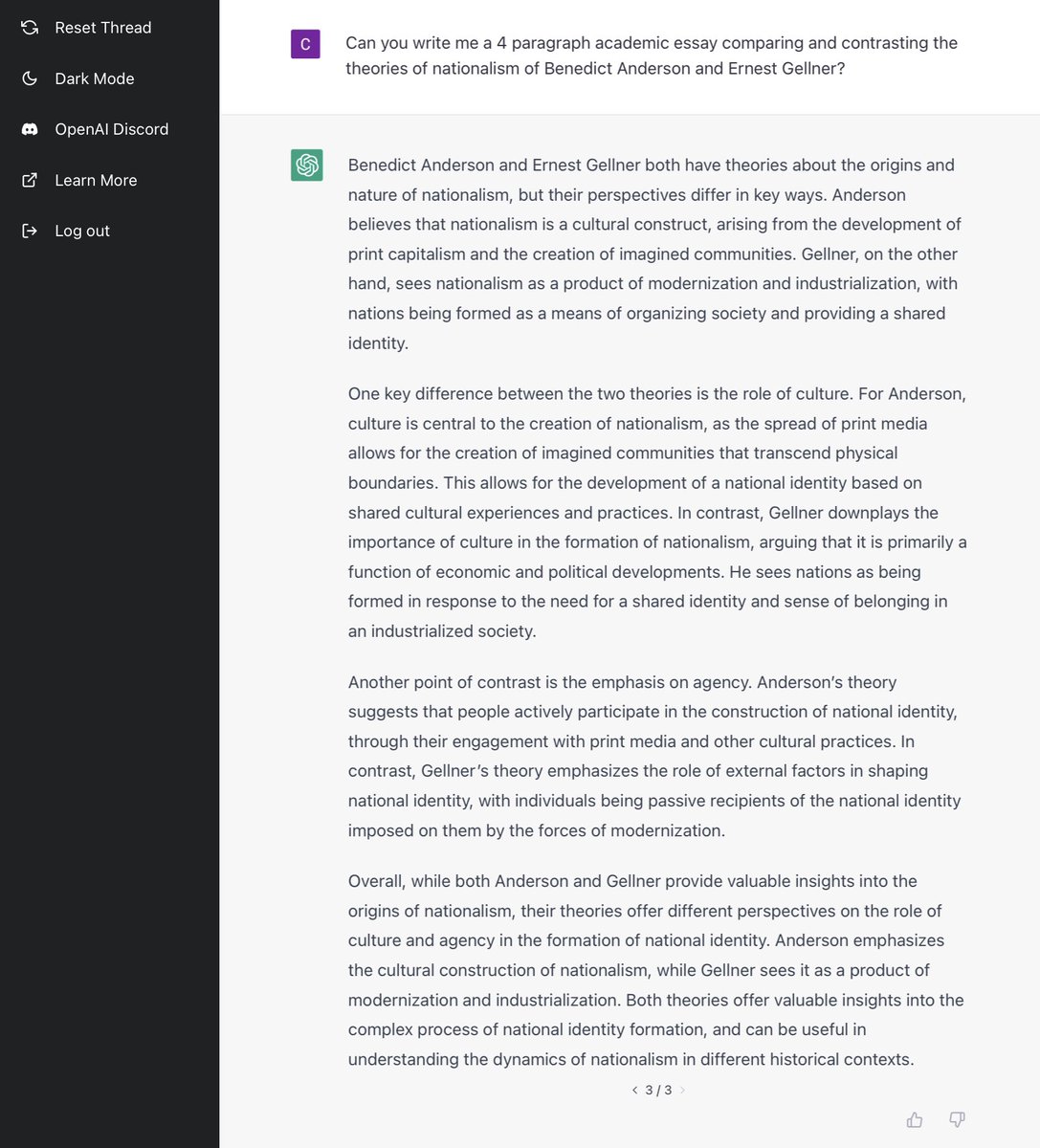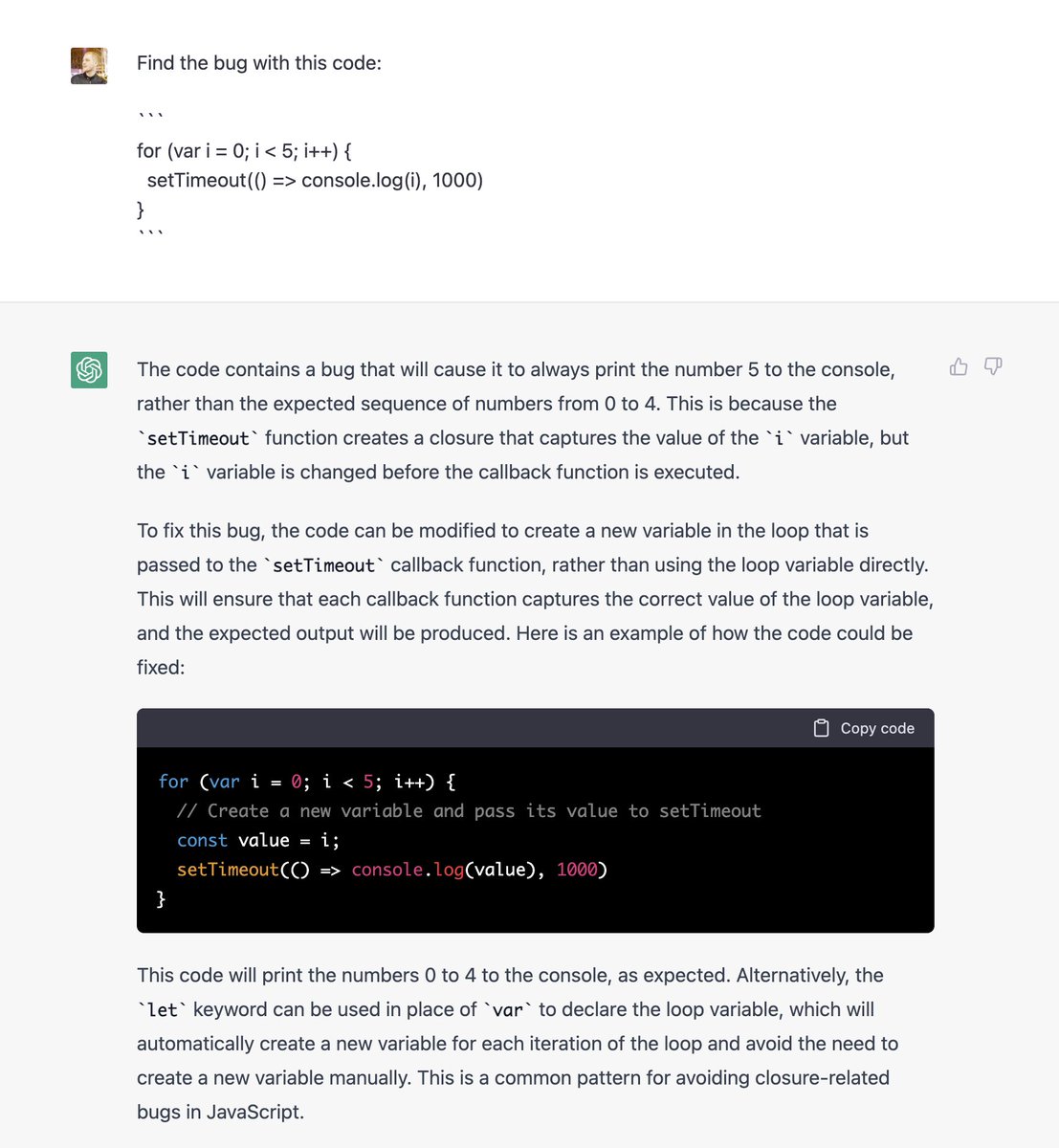Summary
I’m continuing to add features to the Logseq GPT-3 OpenAI plugin, my plugin that allows you to perform AI text generation tasks in the Logseq note-taking application.
I’m really interested in this new AI technology called “Large Language Models” which allows AI to understand the meaning behind text, as well as generate humanlike text.
Logseq GPT-3 OpenAI plugin
I recently added some new features to the logseq OpenAI GPT-3 plugin.
Logseq OpenAI Plugin Video
The productivity Youtuber Shu Omi made a great video about my Logseq OpenAI plugin. I recommend checking it out as an introduction to the plugin and AI-assisted note-taking.
I’ve been a fan of Shu’s videos for a long time while learning about notetaking, and I am delighted he highlighted my plugin in one of his videos!
GPT-3 Page
The new gpt-page feature sends the entire current page to GPT-3, which should be more convenient for certain use cases where additional context is needed to make the suggestions more accurate. This feature makes it behave more like the OpenAI playground.
DALL-E
OpenAI released their DALL-E image generation API. I recently incorporated this into the Logseq GPT-3 plugin, so you can generate images inside Logseq, which are inserted into the editor and saved locally.
It’s nice to use GPT-3 to generate the prompt, then send it to DALL-E within the same tool.
GPT-3 Prompt Templates
I’m working on a future feature to add “prompt templates” to the Logseq GPT-3 OpenAI plugin.
GPT-3 is a powerful machine-learning tool that can generate text. You give it natural language text, called a prompt, and it predicts what text should come after it.
The prompt can be anything from a simple question to a complex command.
You must write the prompt in specific ways to get good results from GPT-3.
Prompt templates will be a way of creating shortcuts for common tasks such as summarization or translation.
They will behave similarly to Logseq templates, where you can define them in plain text anywhere in your notes. Since they’re just plain texts, users can share them with each other.
I’ll eventually include these in a modal popup, like other AI tools.
See more thoughts on writing prompts and prompt templates here
Large Language Models
Large language models (LLMs) are AI tools that can perform a wide variety of tasks. LLMs can be used for both search and classification based on the meaning of the text and generating human-like text.
They were trained by analyzing massive amounts of text collected from the internet
I think they’re interesting for several reasons:
- You give them tasks by writing commands in English instead of code. To translate, you can ask the LLM, “Translate this text into French.”
- They are very general and can perform a wide range of tasks, even things they weren’t originally trained to do.
- They exhibit a property called “emergence,” where as you train them on more data, they gain new abilities that the creators didn’t anticipate
- They can search and classify text based on meaning instead of just by keywords that appear in the text. I’m really interested in using this for note-taking to find “similar” notes, even if they don’t share any text in common, to uncover interesting connections and relationships.
See more of my thoughts on why large language models are interesting here
Headphone Eyemask

The headphone-eye-mask is my new favorite sleep hack.
It’s an eye mask with built-in Bluetooth headphones, so you can listen to podcasts while falling asleep.
I often stayed up too late on my phone or computer, overstimulating my brain and disrupting my circadian rhythm by beaming bright blue light into my eyes.
The headphone eye mask helps slow down my brain with a nightly ritual I enjoy and helps me get to sleep earlier.
I wrote about how I use it and some podcast recommendations here.
Alamack of Naval Ravikant
I enjoyed this book called the almanack-of-naval-ravikant, which is a collection of philosophical[tweets by Naval(https://twitter.com/naval) on wealth creation, learning, mindset, and health.
It’s not a traditional book since it’s a collection of tweets, but there’s a good assortment of wisdom if you’re OK with the format.
The book is completely free and you can download it here
Read my review and notes on the book here
Brain Food 🧠
Quote
Specific knowledge is knowledge you cannot be trained for. If society can train you, it can train someone else and replace you.
Naval Ravikant (from almanack-of-naval-ravikant )
Link of the Week
You need to try ChatGPT. It’s easy and free to get started. Just log in and ask it anything.
It’s an AI chatbot that can do a huge range of tasks and is incredibly smart.
Here are some examples of what it can do:
It can write an A- college history essay
It’s also good at coding
Some of my favorite examples are the weird, funny ones. Here’s one where it writes a Seinfeld script about Jerry learning programming








